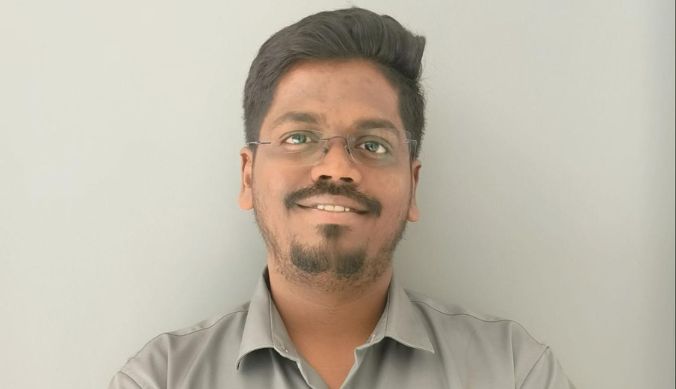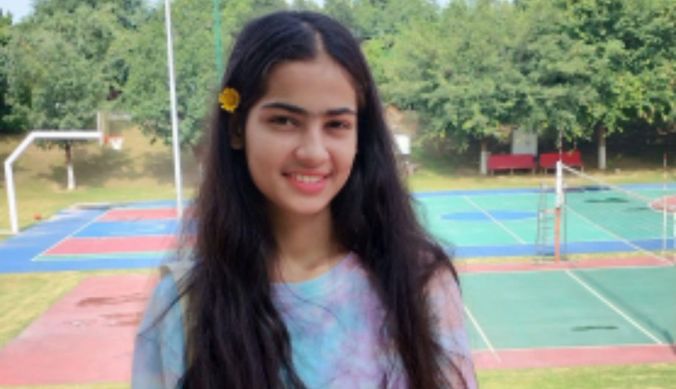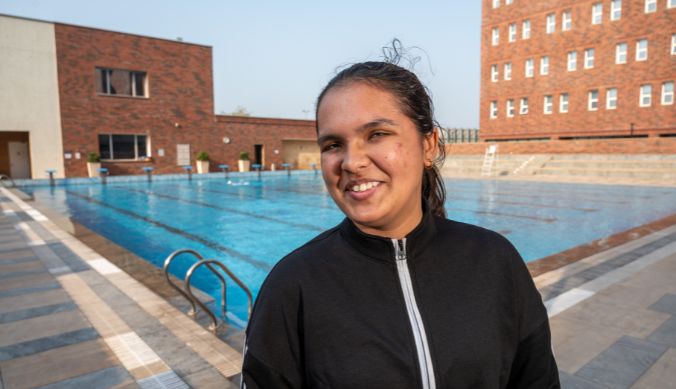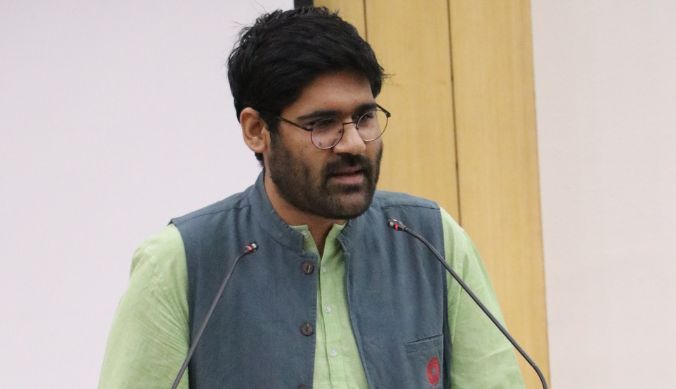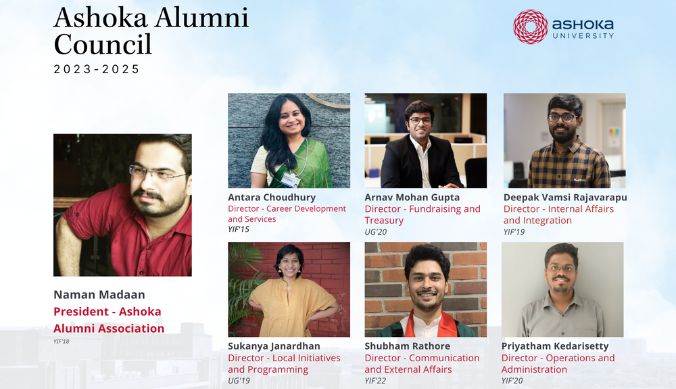Life after the Fellowship: Rishi Iyengar
From Columbia University to TIME magazine, Hong Kong: Rishi Iyengar, Batch of 2012-13, Young India Fellowship, reflects on his journey after the fellowship.

Office of PR & Communications
4 September, 2017 | 6 min readEveryone gets something different out of the Young India Fellowship. And everyone has default factoids/perspectives about the Fellowship they like to throw around when explaining the program to someone. I like to say (I’m sure some of you have heard me do so multiple times) that there are four types of people who come to the YIF. Those who have no idea what they want to do, and find it over the course of the year. Those who have no idea what they want to do, and don’t find it but are “confidently confused,” as Anunaya likes to say. Those who think they know what they want to do, have their plans completely shattered (in the best possible way) and go on to excel at something they never thought they’d fall in love with. And then there’s people like me, who know what they want, take a year for the experience of a lifetime, and go on and do exactly what they planned. But no matter which of my not-at-all-scientific, totally arbitrary anecdotal buckets you fall in, the Fellowship forces you to go out of your comfort zone. And if you’re lucky, like I was, you’ll love it there.
I knew I wanted to write for a living, and being a journalist was a logical next step. I loved it from the moment I stepped into my first newsroom as a 16-year-old intern at the Indian Express. I got lucky: my dream journalism school accepted me just before YIF did, and agreed to wait an extra year, so I had nothing to lose. But YIF made my journey at Columbia a very different one than it otherwise might have been. I loved writing but kind of knew my way around it, but YIF made me love something far more valuable – learning. So I ditched a writing class to learn video journalism, I ditched another to learn how to code, and applied those skills to a project outside my coursework – The 545. That project – a website on Modi’s 2014 election — took off beyond our wildest dreams, and none of it happened in my comfort zone. The coding skills I learned (though I wasn’t comfortable with them at all), got me my first post-Master’s internship — at Newsday, a newspaper just outside New York. I barely knew anything about the community I was covering or that much about what they hired me to do, but – and I consider this a result of YIF – I preferred it that way.
About a week before that internship concluded, I was offered another at a publication I’ve always idolized. It was exactly on the opposite side of the globe, in a city I’d never been to, where I didn’t speak the language or know anybody. The two years at TIME magazine in Hong Kong were the best of my life (so far). Since I’m talking about going out of your comfort zone, getting hit with tear gas two weeks after arriving there was probably the farthest from comfortable I’ve ever been. (That’s a story for another time).
Over the next two years I wrote about everything from politics to sports to entertainment, things I knew about and things I didn’t, my own country and others in the region that had previously only been dots on a map. One of those countries, the Philippines, gave me the story of a lifetime and the opportunity to see my name on the most precious piece of real estate in journalism – a TIME cover. I was scared, dazed and overwhelmed the whole time I worked on that story, but I think that’s what made it what it ended up being.
Just when I was starting to get comfortable in that role, another one unexpectedly came my way. It involved moving back to my beloved Delhi, so that wasn’t much of a leap, but it also involved covering business – which, barring a few stories at TIME, I didn’t have that much experience with. I’ve had to learn a lot on the fly over the last six months, and constantly grapple with new terms and concepts. But even in the midst of my daily panic attacks that have gradually only become weekly panic attacks, I know I’ve made the right decision because if it was that easy it wouldn’t be worth doing.
So I guess what I’m trying to say, whether you’ve done YIF, are in YIF, are considering YIF or are just out there in the world reading my ramblings for some reason, is this: Go out of your comfort zone, as far and as often as possible. You might just love it there. And even if you don’t, your comfort zone will always be waiting.









